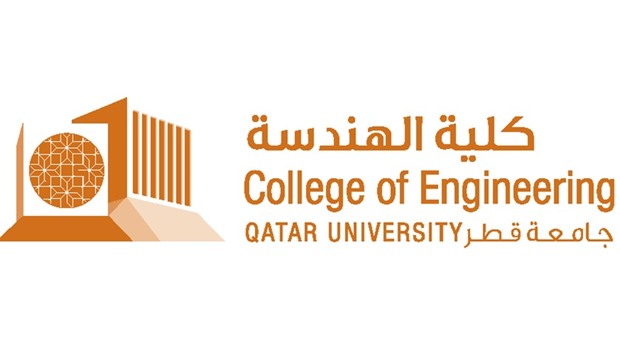KINDI Centre for Computing Research at Qatar University College of Engineering (QU-CENG) launched the Cyber Security Week and the International Conference on Cyber Security for Emerging Technologies (CSET) 2019.
The week aims to provide a platform for a gathering of experts and researchers in the area of cyber security to reach solutions that can stand to today’s cyber security challenges.
In his opening speech, QU President Dr Hassan al-Derham said: “Through this week, QU is supporting the vision of the National Cyber Security Strategy, which represents a roadmap to raise the awareness of the importance of cyber security, and contributes to the preservation of the fundamental rights and values of Qatari society.”
“This week also aims to emphasis the need to develop mechanisms to combat cybercrime, increase awareness of its risks, and the importance of raising and enhancing the level of security related to this type of crime in public and private organisations and institutions.
In addition to keeping up-to-date of modern technology and technologies that make electronic systems more secure and cohesive, and better able to address cybercrime challenges to address cross-border crime and cyber attacks,” he added.
In his speech, the ambassador of France to Qatar, Franck Gellet said: “International co-operation is essential.
That means, in particular, co-operation between states, public and private actors. This co-operation has to be holistic and should include technical, economic, legal, geopolitical and military aspects.
“France and Qatar have dense and long-standing bilateral relations, which are constantly deepening in many fields” he added.
Dean of College of Engineering at QU, Khalid Kamal Naji stressed the importance of these events, which serve all sectors in the country to protect them from the risks posed by cyber crimes.
QNRF Senior Manager at ICT Dr Munir Tag said: “Qatar National Research Fund (QNRF) is the main R&D funding body in Qatar and was established in 2006 with the aim of enabling Research and Development excellence on the national level. To build a sustainable and diversified economy. More specifically, QNRF advances knowledge and education by providing funding opportunities for original and competitively selected proposals across all disciplines with an emphasis on the four pillars of the Qatar National Research Strategy (QNRS)”, he said.
Dr Munir Tag added that cyber security in today’s world is fundamental to a wide range of areas and industries such as Energy, Healthcare, Utilities, Finance, Business & Economy, Transportation, Government, Media & Communication, Social Media and People.
For her part, KINDI Centre Manager Dr Noora Fetais said: “Until recently, cybercrime was limited to individuals or small groups, but as Internet networks expanded, these crimes became more complex and widespread, causing significant damage to companies and institutions.”
“Although there is an evolution in the systems of some institutions, but they are not immune to cyber attacks because of the development of mechanisms and methods of electronic hackers, and hence all institutions need to develop a plan for the development of their infrastructure to enhance cyber security,” she added.
Alongside the conference, the event includes a forum for the exchange of technical information, publishing high-quality research results, presentation of new policies and scientific progress to promote sustainable development and cyber security, as well as a special event on Cyberwomen, an initiative by KINDI Centre for the Empowerment of Women in this field, and another on Cyberyouth for school students, and also the cyber challenge with the aim of raising awareness and allowing young people to enter the world of information security.

